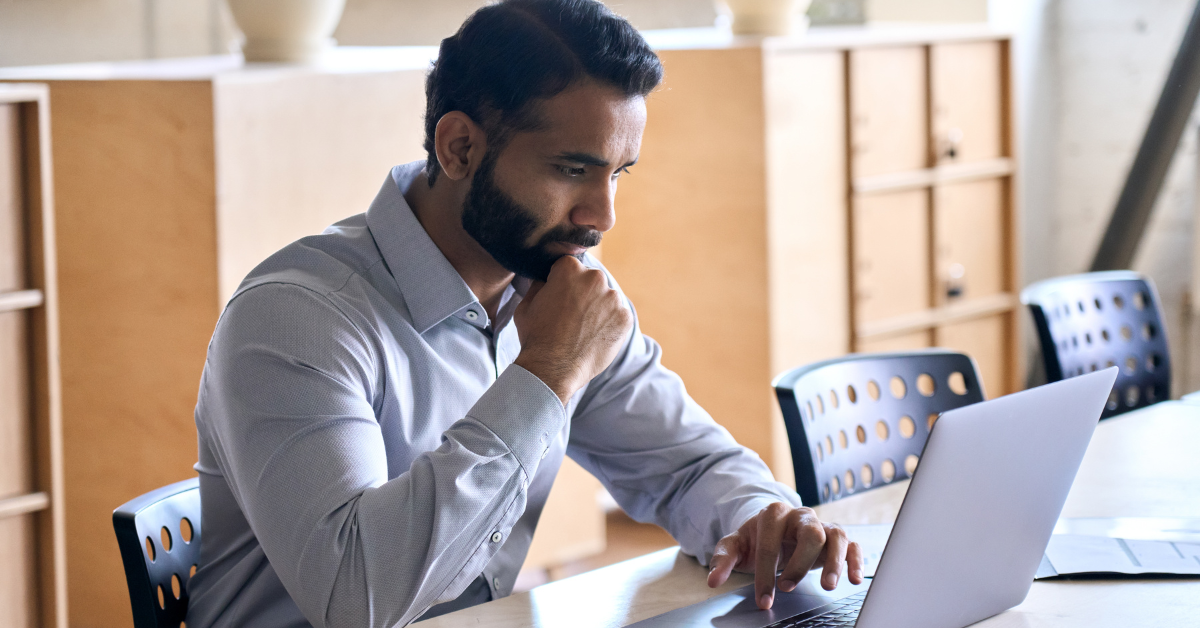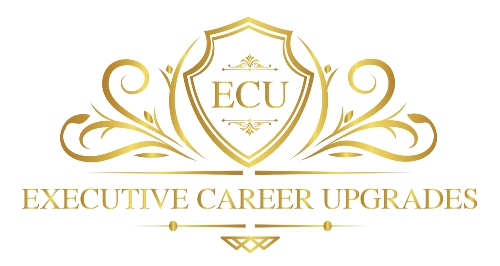Navigating career transitions can often be a complex process filled with unexpected challenges. For executives, these complexities are further magnified. The pivotal role of self-assessment in career transition planning has come to light as a key strategy for facilitating more insightful and strategic decision-making. Understanding one’s own strengths, weaknesses, and areas for growth has become an essential step in planning for and managing the course of one’s career transition.
The Crucial Role of Self-Assessment
A rigorous self-assessment aids in the identification of personal strengths and areas for improvement, offering critical insights. It enables executives to perceive their abilities more objectively, avoiding the pitfalls of self-deception or external biases. Comprehensive self-assessment is composed of analyzing one’s skills, values, interests, and personal traits. A better understanding of these factors allows executives to identify compatible career opportunities, improving job satisfaction and performance.
Perspectives on Self-Assessment
The Traditional Perspective
Traditionally, self-assessment has been viewed as an introspective exercise, conducted in isolation. It involves reflecting on personal experiences, skills, and ambitions. This perspective, although valuable, can be limited. Without external input, executives run the risk of relying on skewed perceptions of their abilities.
The Modern Perspective
The modern perspective on self-assessment advocates for a more holistic approach. It encompasses not just introspection but also external input. Feedback from peers, mentors, and professional assessments provides a more rounded view of an executive’s abilities. This external information, when combined with introspection, contributes to a more balanced self-assessment.
Self-Assessment in Career Transition Planning
In the realm of career transition planning, self-assessment has emerged as a vital preparatory step. It enables executives to align their career trajectories with their strengths and values. When integrated into career planning, self-assessment can lead to more fulfilling and effective career transitions.
Benefits of Self-Assessment in Career Transition
Enhanced Self-Awareness
Improved self-awareness is the first benefit of conducting a self-assessment. This heightened understanding of one’s capabilities, interests, and values allows executives to select roles that are more closely aligned with their authentic selves. It is, therefore, less likely for them to experience a misalignment of expectations in their new roles.
Increased Confidence
A comprehensive self-assessment increases an executive’s confidence during a career transition. By understanding their abilities and how they fit into the desired role, executives are more likely to feel confident in their decisions. This assurance can translate into greater resilience during challenging transitions.
The Power of Self-Assessment in Career Transition Planning
In conclusion, self-assessment plays a significant role in career transition planning. By understanding their strengths, weaknesses, and values, executives can make more informed decisions about their career trajectories. Although traditionally conducted independently, a more comprehensive self-assessment incorporating external feedback can provide a balanced and realistic understanding in one’s capabilities. It is through this more nuanced understanding that executives can confidently navigate the complexities of career transition, leading to more fulfilling career paths.
As outlined in our recent “Executive Career Upgrades Podcast Episode 79”, where expert executive career advisors discuss the successful transition of military veterans into leadership roles, the importance of self-assessment becomes evident. Similar principles can be applied to any career transition, including for executives in the corporate world. By understanding their unique skill sets, preferences, and values through self-assessment, individuals can better position themselves for a successful transition, regardless of their professional background. The episode’s focus on identifying the right industry, gaining relevant certifications, and networking effectively are all considerations that can be enhanced by a thorough self-assessment process. Click the graphic below to watch.
If you are prepared to seize the reins of your career transition and ascend to unprecedented levels of success, professional guidance could be the key. For those targeting leadership roles with substantial six-figure salaries, our program provides the necessary tools and resources to streamline your path and profoundly impact your professional trajectory. Don’t delay. Schedule your FREE consultation today and embark on your journey to career triumph.



